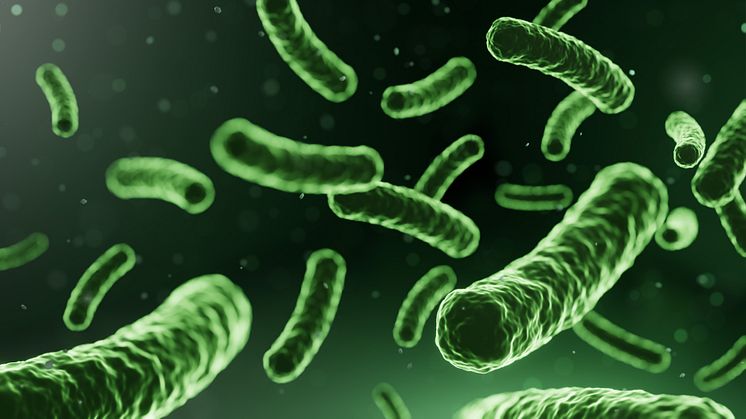
Press release -
Revealing the mechanism of immunity activation by extracellular vesicles from lactobacillus: Leading to deep understanding of the bacteria in our daily food and insights into better intestinal environment -- Kindai University
A research team led by Associate Professor Atsushi Kurata and Professor Koichi Uegaki at Department of Applied Biological Chemistry, Faculty of Agriculture, Kindai University (Nara-city, Nara) has elucidated the mechanism of how lactobacillus stimulate immune cells using "extracellular vesicles" in the intestine of the host. The results of this research can lead to a technological development to improve the intestinal environment and to maintain physical functions in a healthy state. This research paper was published in the “Scientific Reports”, an internationally renowned academic journal, on Monday, August 22, 2022.
1. Key points
- Elucidated the mechanism of immune cell activation by extracellular vesicles of lactobacillus
- Identified outer surface proteins of extracellular vesicles that affect immune activation
- The findings of this research will lead to the development of technologies to improve intestinal environment and to maintain healthy physical functions.
2. Background
"One Health" is known as the unified approach - preserving homeostasis of organisms related to humans and soundness of the natural environment to maintain our health. A variety of microorganisms inhabiting our bodies contain friendly bacteria, and the symbionts are involved in maintaining our health.
In our daily life, we ingest bacteria such as lactic bacteria through fermented foods. The intestinal tract of animals, including humans, is inhabited by a complex community of bacteria called gut microbiota. It is known that ingested bacteria and bacteria existing in the intestinal tract stimulate gut immune cells and have various effects on the whole body. However, the full details of its mechanism and impact remain unknown.
On the other hand, it has become clear in recent years that bacteria in our surroundings release extracellular vesicles to communicate with each other. Similarly, bacteria in fermented foods and bacteria in the intestinal tract are considered to use extracellular membrane vesicles to influence host cells, but its details are still unknown.
3. Overview
The research team focused on lactic bacteria, which are keystone microorganisms that compose the gut microbiota and have a positive effect on human body, and analyzed the characteristics of extracellular vesicles. As a result of this research, it was revealed that lactic bacteria act on immune cells in the intestinal tract using extracellular vesicles and activate both innate and acquired immunity responses related to pro-inflammatory and anti-inflammatory properties. It was also found that outer surface proteins of extracellular vesicles played a role in the activation.
In order to verify whether or not extracellular vesicles actually exist in the intestinal tract of animals, extracellular vesicles from the gastrointestinal tract of rats were evaluated. The team detected that a large amount of extracellular vesicles in the rat gastrointestinal tract for the first time in the world. This suggests that extracellular vesicles of lactic bacteria actually exist in the intestinal tract of animals and may possibly activate the animal's intestinal immune system.
This study clarified how lactic bacteria enhance the host's immune system via extracellular vesicles. By applying the results of this research, we can clarify the functions of various bacteria that we consume on a daily basis from fermented foods, etc. It is also expected to lead to the development of technologies to improve the intestinal environment and to maintain physical functions healthy.
Journal name:
Scientific Reports (Impact factor: 4.996@2021)
Research paper title:
Characterization of extracellular vesicles from Lactiplantibacillus plantarum
Authors:
Atsushi Kurata1*, Shogo Kiyohara1, Tomoya Imai2, Shino Yamasaki3, Nobuhiro Zaima1,4, Tatsuya Moriyama1,4, Noriaki Kishimoto1, Koichi Uegaki1,4
*Corresponding author
Affiliation:
1 Department of Applied Biological Chemistry, Faculty of Agriculture, Kindai University
2 Research Institute for Sustainable Humanosphere, Kyoto University
3 Department of Life Science and Biotechnology, Faculty of Chemistry, Materials and Bioengineering, Kansai University
4 Agricultural Technology and Innovation Research Institute, Kindai University,

